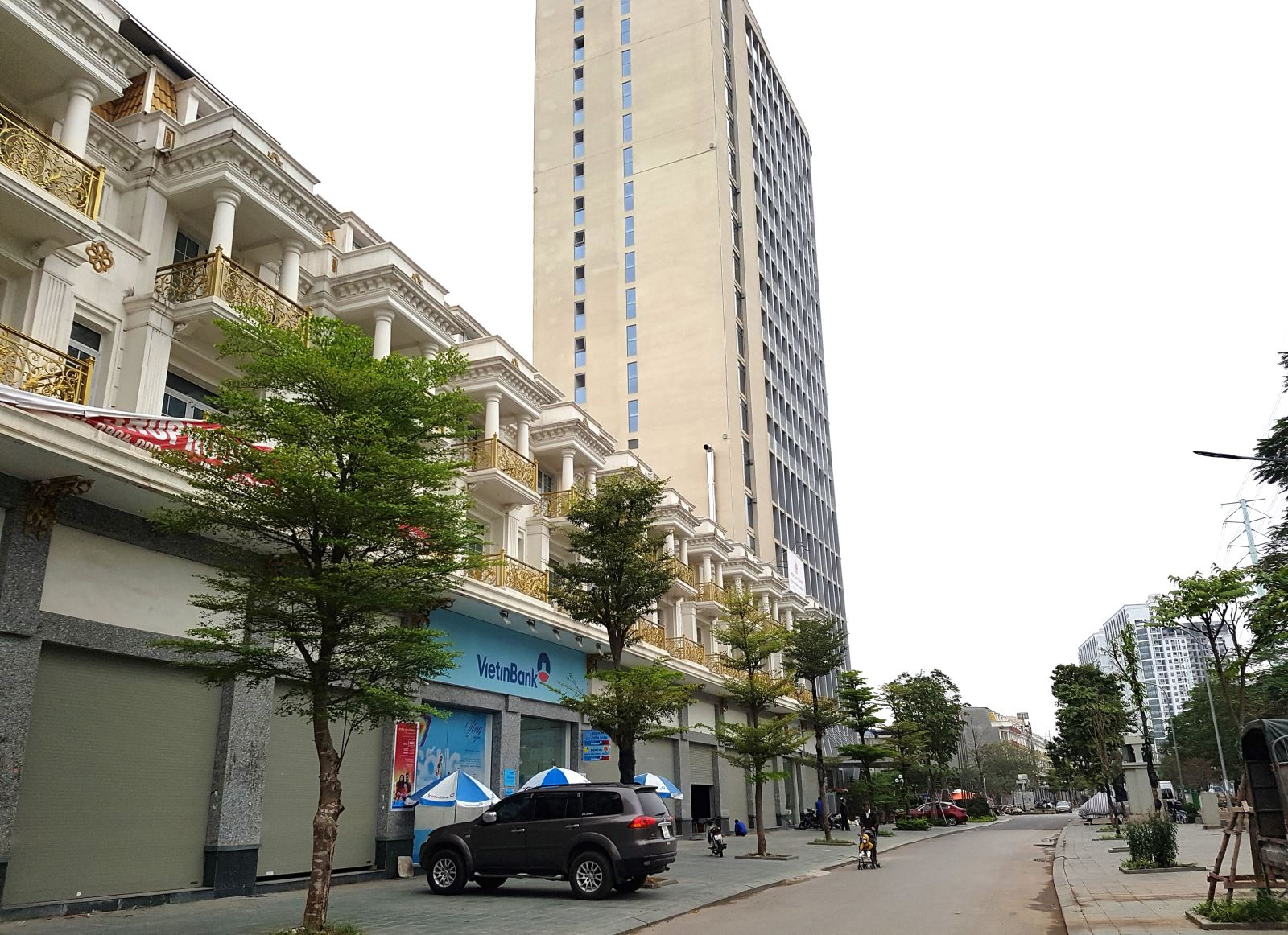Global Real Estate Credit Declines, Yet There Are Bright Spots
Despite a decrease in inflation, the expected interest rates for the remaining period of 2023 are expected to remain high, which will continue to restrict the inflow of capital into the real estate market. 2023 appears to be not following the direction that many investors were hoping for.
Before summer, there is a possibility that interest rates will start to decline later this year. Currently, the prospect of interest rates continuing to rise, while not guaranteed, has not been entirely ruled out of the plans of the U.S. Federal Reserve (FED), the European Central Bank (ECB), and the Bank of England in the second half of this year.
Sean Coghlan, Director of Research & Global Capital Markets Strategy at JLL, said, "The volatility continues, and this, along with mixed economic data, is causing changes in interest rate expectations."
"The stable economic environment continues to shape the policies of central banks, which are currently expected to maintain higher interest rates for a longer period to combat inflation."
Monetary policy tightening is ongoing. Last July, the FED raised the federal funds rate to its highest level in over 22 years. Meanwhile, the ECB increased interest rates by an additional 25 basis points to 3.75%. The Bank of England also took similar action, with a 5.25% interest rate.
For the commercial real estate market, the higher interest rates mean that investors will face higher capital costs, resulting in fewer transactions and more challenging fundraising.
Coghlan added, "As we move into the second half of 2023, expectations for the capital market have decreased."
He further noted that the path to recovery for the real estate sector and capital sources is expected to be uneven across different markets and regions worldwide.
"However, in the second half of this year, the market is expected to become more predictable due to the recovery of fundamental principles."
According to JLL data, global direct investment in real estate declined by 54%, reaching only $276 billion in the first half of 2023. This is the lowest direct investment in the first half of the year in a decade. This decline occurred in most markets globally. Only Japan, with increasingly positive interest rates and monetary conditions, went against this trend.
However, higher interest rates do not uniformly affect all real estate sectors. For example, the logistics and residential real estate sectors have witnessed better recovery prospects due to more positive outlooks.
Another concern, especially in the United States, is the risk of banks regarding commercial real estate loans. One reason is that many banks went bankrupt earlier this year. However, these loans are not believed to pose a systemic risk at this point, as they account for only 23% of the overall loan portfolios of banks.
Coghlan stated, "The volatility in the financial market, as well as the challenges in the banking sector earlier this year, will continue to be closely monitored. However, the likelihood of spreading to other markets is very low."
Source: CafeLand








